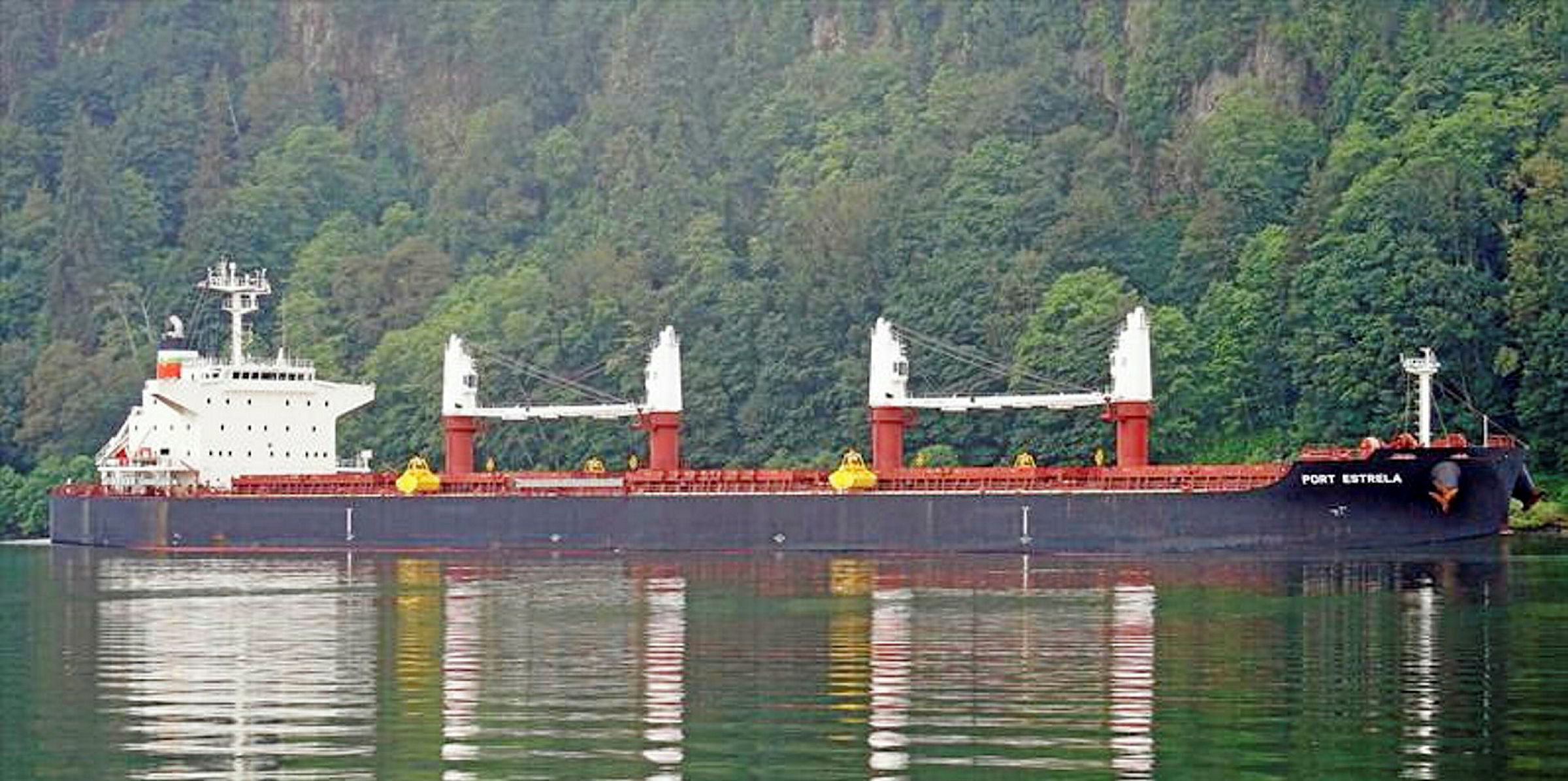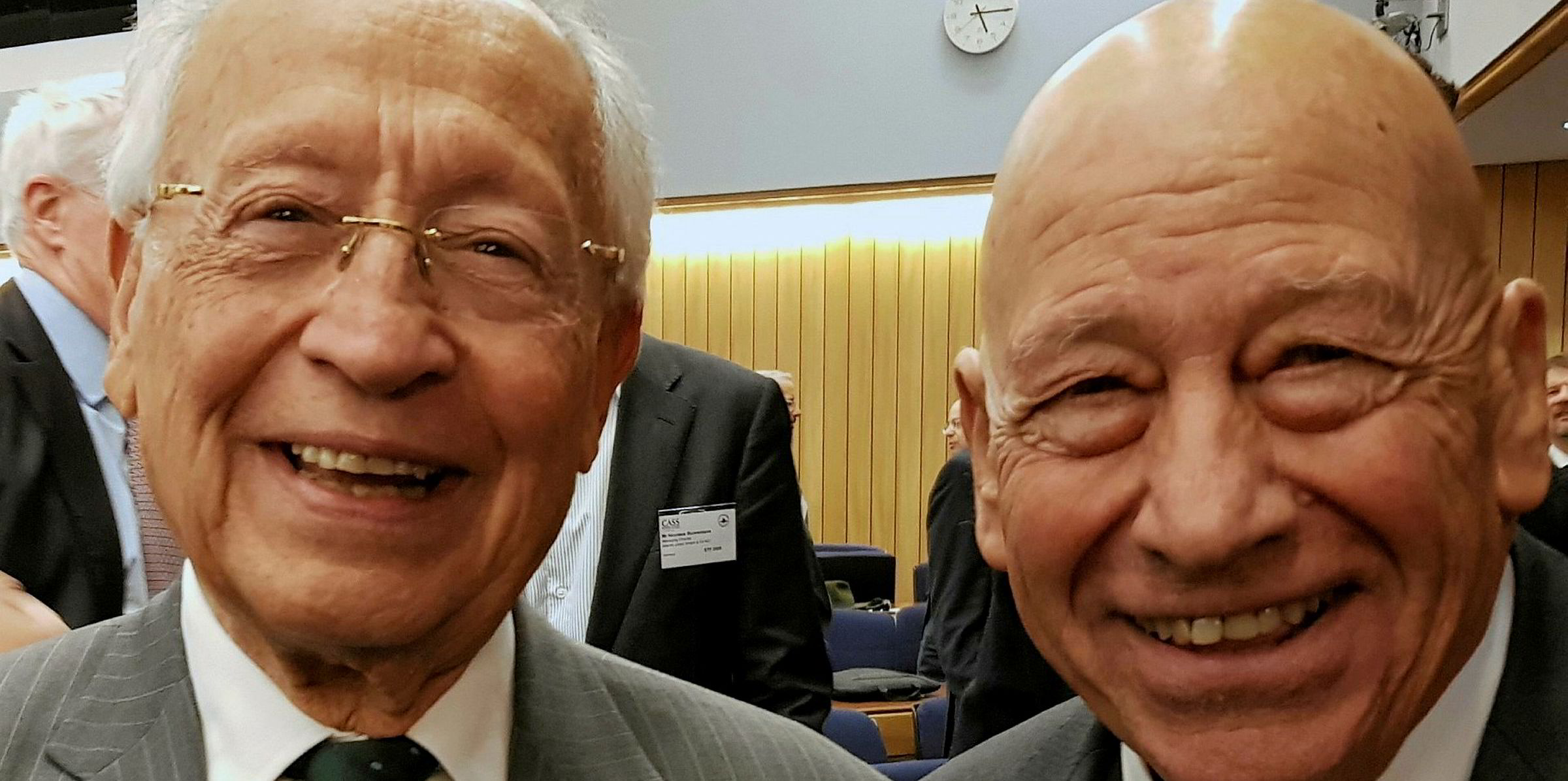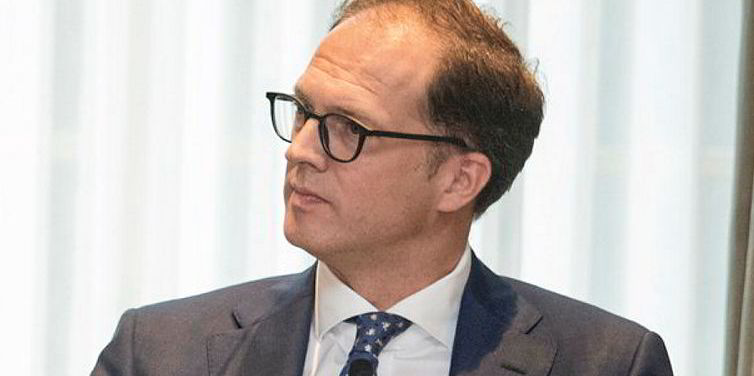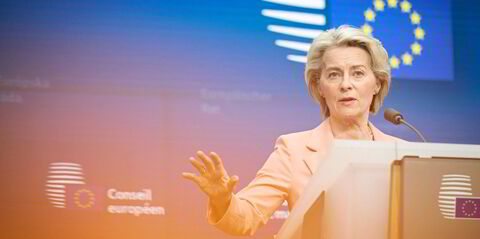“Super slow-steaming” can keep a conventional, oil-powered ultramax bulker in operation for another 24 years while compliant with the IMO’s decarbonisation roadmap, according to Port Dragon Bulk’s chief executive Asaf Malamud.
To fight climate change, the IMO has aimed to reduce greenhouse gas emissions from international shipping by 50% from 2008 before 2050, but such decarbonisation is expected to be achieved in phases and requires intermediate measures.
“The way to get 2050 is to use technologies and alternative fuels” that require further development, Malamud told the 35th Anniversary of the Costas Grammenos Centre for Shipping, Trade and Finance meeting.
“Super slow-steaming [gives] a room for improvement down the road in order to bridge the gap until 2050.”
Using an Imabari-built 63,000-dwt bulker spending 60% of its time at sea as prototype, Malamud estimated oil-powered ultramaxes would not be able to keep up with the IMO goal from 2027 when maintaining its speed at nearly 11.3 knots as seen this year.
However, the conventional bulkers can stay on the roadmap through 2034 when gradually reducing operational speed to 10 knots.
When cutting speed to eight knots, the vessels would remain compliant with the decarbonisation aim until 2043, according to Malamud, whose company is a shipowner affiliated with of Portuguese shipmanager Portline Bulk International.
Stressing that his calculations are based on rough estimates, Malamud said he was seeking to hammer home the point that slowing vessel speed could be a cost-effective way to decarbonise shipping on an intermediate basis for the supramax and ultramax segments – which Portline focuses on.
In comparison, LNG propulsion emits 20% less CO2 than oil, but such technology is too costly for ultramax owners, according to Malamud.
“Total initial investments are from $7m to $8m. Those need to be split in half” for an LNG-powered ultramax to be commercially viable, Malamud said. LNG bunker infrastructure also needs to be further developed and LNG fuel price has to be low enough, he added.
“We also have to look forward for potential regulations when we consider methane leaks,” Malamud said.
Methane is a potent greenhouse gas that can be emitted in LNG’s production and transport process.
IMO to meet in mid-November
The IMO is due to hold the sixth meeting of the Intersessional Working Group on Reduction of GHG Emissions from Ships between 11 and 15 November.
Greece and some other member states have proposed reductions in vessels’ main engine power across various sectors to curb emissions. Industry players suggest this would effectively reduce sailing speeds but is easier to monitor than mandatory speed limits.
“Everything we do is a small step. We need to go to a lower emission, [and] we also need to have more time to develop renewable energy fuels” that can help reach the 2050 target, said Siri Pettersen, a professor emerita of Norwegian School of Economics.
“By having a slow steaming system, we will gain more time to reduce emissions.”
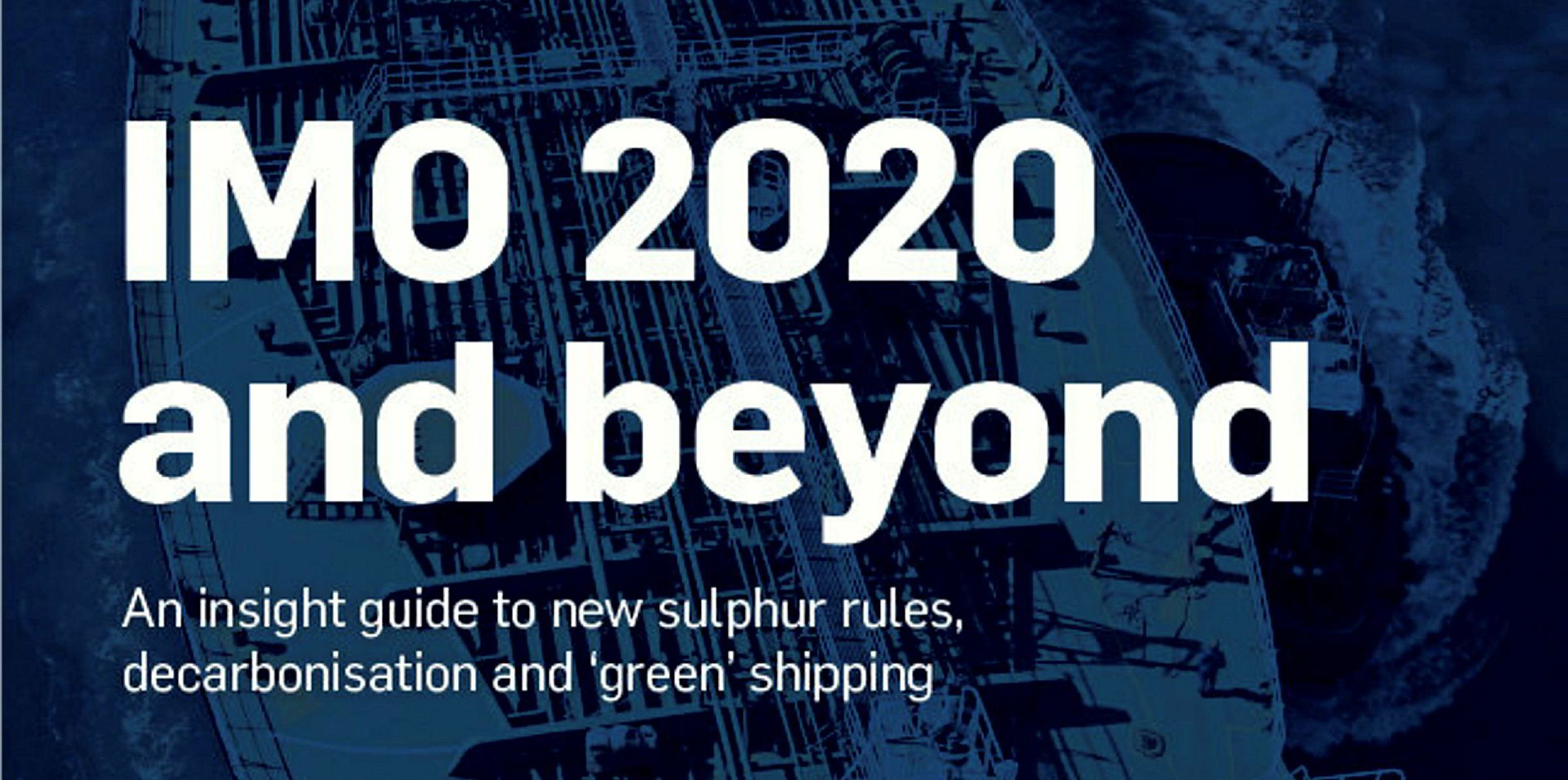
Check out TradeWinds Knowledge http://bit.ly/35g4KZ1, our new research project on IMO 2020 and decarbonisation
